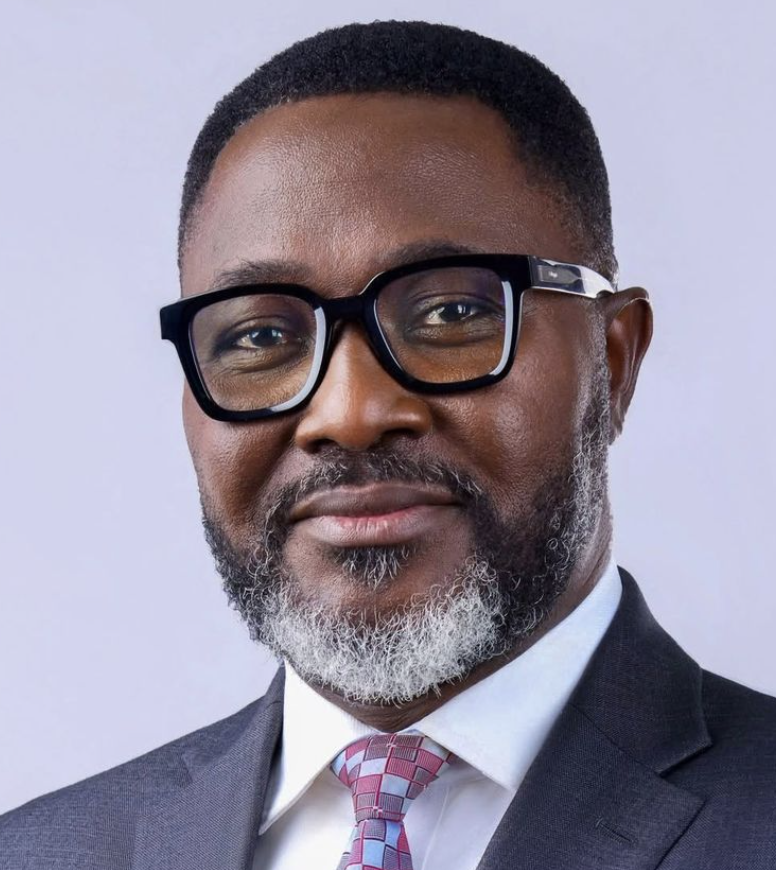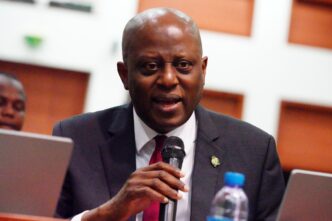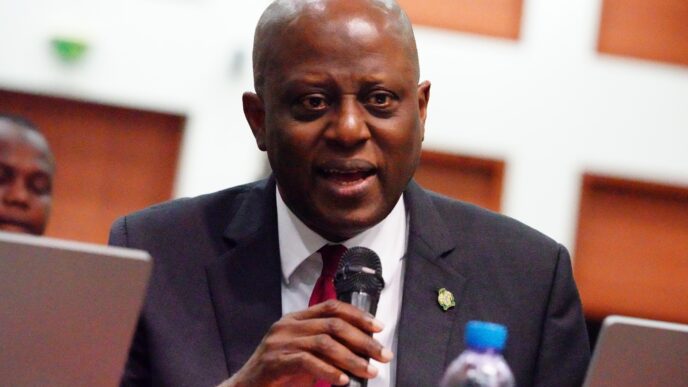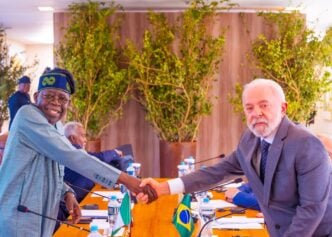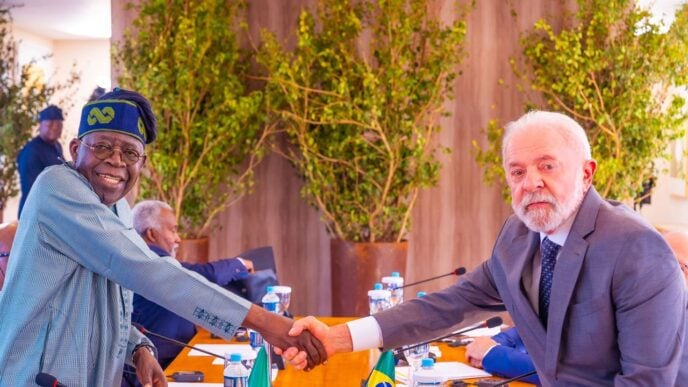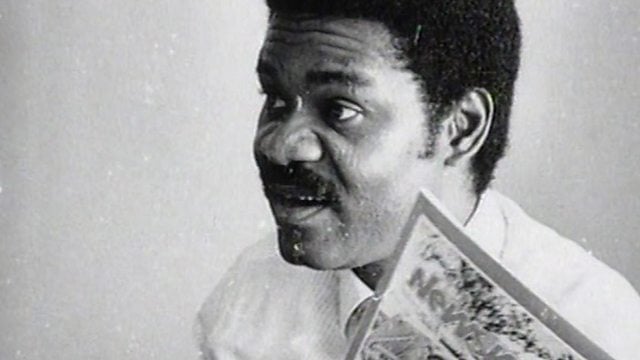In the ongoing discourse about Africa’s development, a peculiar and dangerous narrative has taken hold. It’s a thesis that suggests prayer, a practice of deep spiritual significance for millions, is a primary obstacle to the continent’s progress. This argument posits that a turn towards progress requires a turn away from faith, creating a false dichotomy between spirituality and intellectual thought. This is not only a fallacious assumption; it is a romantically deceptive one that stands on profoundly shaky ground.
To suggest that prayer is the problem, and not a consequence of Africa’s challenges, is a monumental misdiagnosis. The crisis of development has led many to seek solace, hope, and strength in prayer. It is a coping mechanism, a source of resilience, and for many, a foundational element of their worldview. Equating this spiritual practice with a lack of critical thinking is not just intellectually dishonest—it is deeply misleading.
Thinking is not the opposite of praying. The idea that a mind engaged in prayer is a mind incapable of innovation is contradicted by centuries of history. In fact, for many of the world’s most brilliant minds, faith has been a wellspring of inspiration, providing the moral and spiritual framework for their groundbreaking work.
Consider the giants of human ingenuity. Samuel Morse, the inventor of the electric telegraph and Morse code, was a devout Christian who believed his work was divinely inspired. His very first message transmitted on the telegraph was from the Bible: “What hath God wrought?” Similarly, George Washington Carver, the agricultural genius who revolutionized farming in the American South, openly credited his hundreds of innovations to prayer and his unwavering faith, viewing his work as a service to God and humanity.
Advertisement
The intellectual titans are no different. Isaac Newton, whose laws of motion and universal gravitation laid the groundwork for modern physics, was a deeply religious man. He saw his scientific discoveries not as a challenge to his faith, but as a means of understanding and celebrating the grand creation of God. In the 20th century, Belgian priest and physicist Georges Lemaître proposed the “primeval atom” hypothesis, which became the theoretical basis for the Big Bang theory. He saw no conflict between his vocation and his scientific pursuits, believing that both faith and science could lead to a deeper understanding of the universe. More recently, Nobel laureate Charles Townes, a key figure in the invention of the maser and laser, was a devout Christian who saw a clear and “parallel” link between science and religion.
Another danger of this “anti-prayer” thesis is its selective application. The proponents of this view often focus their critique on Christianity, conveniently ignoring the roles of other faiths in highly developed societies. They are quick to cast a judgmental eye on the Christian church in Africa but remain silent on the spiritual lives of people in other progressive nations.
Take China, for instance. A large percentage of its population participates in traditional folk religions, yet this has not prevented it from becoming a global economic powerhouse. Japan, with its deep-seated Shinto traditions, seamlessly integrates its spiritual and daily life, yet it remains at the forefront of technological innovation. India, where nearly 80% of its 1.4 billion people are Hindu, has become a global leader in technology, medicine, and entrepreneurship. The examples of China, Japan, and India demonstrate that a thriving spiritual life is not an impediment to progress. The world’s largest church is in Yoido, South Korea, a country celebrated for its economic miracle.
Advertisement
The danger of this narrative is profound. It’s an exercise in scapegoating, a tactic that has had catastrophic consequences throughout history. Blaming an entire demographic—in this case, Christians—for the problems of a society is a recipe for social discord. It is how the Jews were unfairly blamed for the problems of Germany, leading to the Holocaust. It is how the Tutsis were targeted for the problems of Rwanda, leading to genocide.
This anti-Christian sentiment, often veiled as “anti-prayer,” is a fire with the potential to consume its very proponents.
The real issues facing Africa are not spiritual; they are systemic and structural.
Is it prayer that siphons mineral resources from African countries to the coffers of foreign nations? Is it prayer that negotiates the crippling loans with institutions like the IMF that have trapped generations in a cycle of debt? Is it prayer that maintains the vestiges of colonialism, like the CFA franc system, which forces countries to deposit their national reserves in a foreign central bank, charging them for the privilege and for every withdrawal? These are the questions that demand our attention, not the misguided attack on faith.
Advertisement
Africa must face its challenges with the same intellectual rigor and determination as India, China, and Japan. We can pray and think; we can pray and innovate; we can pray and grow. The two are not in opposition but can be complementary forces for change. Africans are not the first people to pray for progress, and they will not be the last.
Adebawo is an accomplished business leader and communications expert with extensive experience in the oil and gas industry. He currently serves as the General Manager of Government, Joint Venture, and External Relations at Heritage Energy. Adebawo is also an author, scholar, and ordained minister, known for his writings on socioeconomic issues, strategic communication and leadership.
Views expressed by contributors are strictly personal and not of TheCable.
